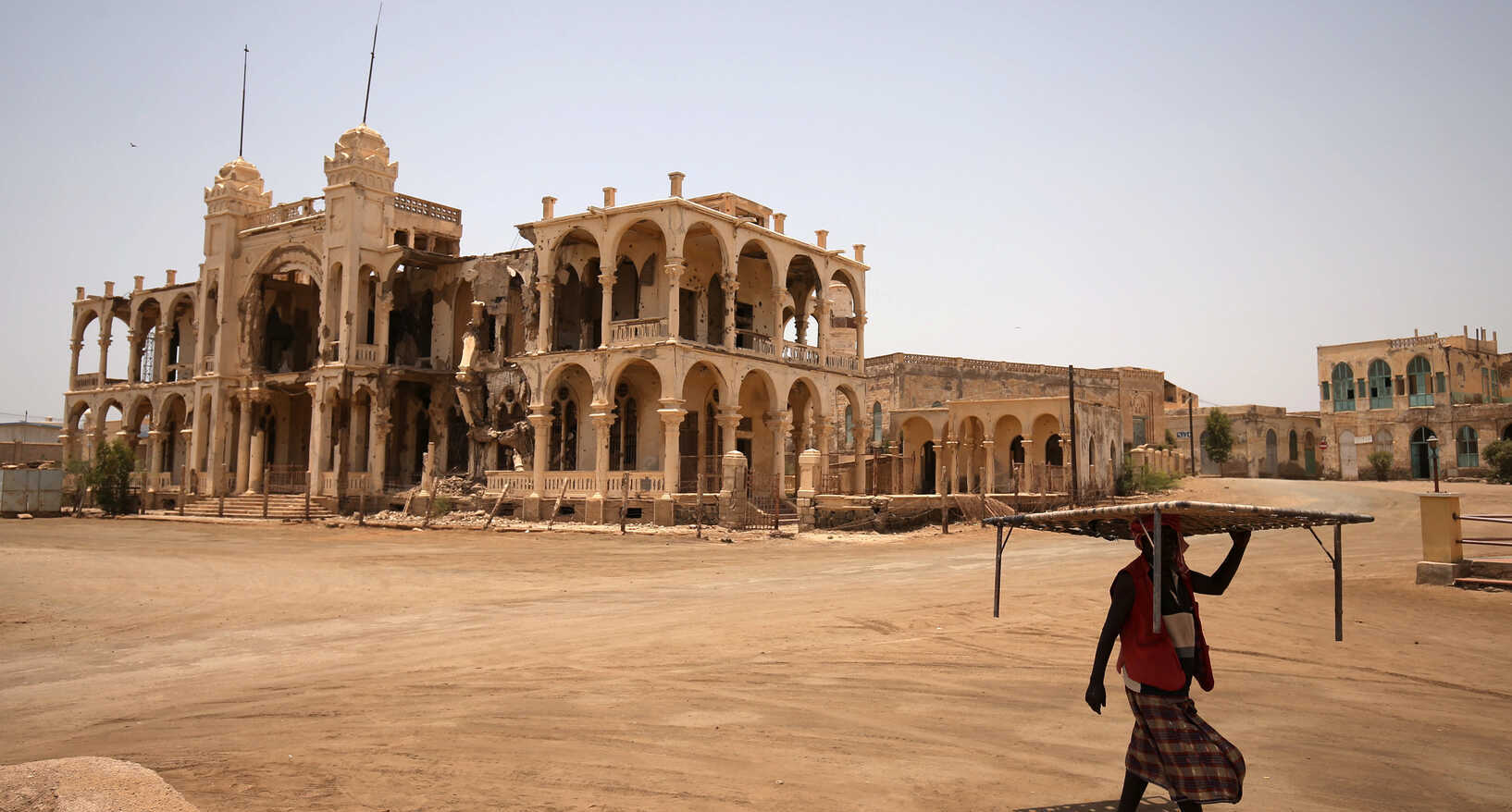The UN Human Rights Council’s adoption of a resolution on Eritrea, today during its 59th session, keeps the mandate of the Special Rapporteur on Eritrea, a critical watchdog of one of Africa’s most repressive countries, alive. A few minutes before the adoption of resolution L.7 by a broad margin (23 in favour, four against, with 20 abstentions), members of the Council rejected a competing resolution (L.1/Rev.1), presented by the Eritrean government in an attempt to discontinue the Special Rapporteur’s mandate.
“The Special Rapporteur plays an indispensable role, not only for the victims and survivors of Eritrea’s abuses, but also for the Eritrean diaspora,” said Hassan Shire, Executive Director, DefendDefenders. “Special Rapporteur reports will continue to document developments, expose perpetrators and, when the time is ripe, form a roadmap for human rights reform.”
The resolution adopted today at the initiative of the European Union is slightly stronger than resolutions adopted since 2019, which focused on extending the Special Rapporteur’s mandate. L.7 mentions a range of violations, including arbitrary arrests, incommunicado detentions, enforced disappearances, extrajudicial killings, torture, sexual and gender-based violence, and Eritrea’s policy of indefinite conscription into national/military service. It also expresses concern at the fact that national elections have not been held in Eritrea since 1993, transnational repression directed at government critics abroad, and Eritrea’s lack of cooperation with UN human rights mechanisms.
Resolutions adopted between 2012 and 2018, at the initiative of Djibouti and Somalia, condemned a broader list of violations, including some that may amount to crimes against humanity as per the findings of the Commission of Inquiry (COI) on Human Rights in Eritrea (2014-2016). The COI released its first report in 2015. Since then, successive Special Rapporteurs and independent civil society organisations have highlighted that Eritrea’s human rights situation remains dire and that scrutiny, through the Special Rapporteur’s mandate, remains needed.
“The Eritrean government’s brazen attempt to free-ride on the UN’s liquidity crisis and attacks on multilateralism failed,” said Estella Kansiime, Advocacy, Research and Communications Manager, DefendDefenders. “In a challenging political and financial context, it was important for the Council to reject L.1/Rev.1 and deter those who may consider terminating human rights mechanisms through procedural ploys.”
Civil society welcomes the extension of the Special Rapporteur’s mandate, which it had called for while also urging states to reject Eritrea’s own text; however, advocates who took part in the negotiations expressed disappointment at the decrease in the level of reporting to the international community. In 2026, the Special Rapporteur will only report to the Human Rights Council once (in June), instead of twice (in March and in June), which amounts to downsizing the Council’s attention to Eritrea. In a context where human rights scrutiny is under attack, including in the name of cost-saving and “efficiency” measures, the best means of preserving Special Rapporteur and other mandates is to strengthen resolutions and maintain their reporting lines. The Council and the UN system as a whole should continue to shine a light on Eritrea’s dire human rights situation and dedicate adequate attention to it in plenary meetings.
The Human Rights Council is holding its 59th regular session (HRC59) from 16 June to 9 July 2025. It is expected to adopt over 20 resolutions covering both thematic issues (including the safety of journalists, violence against women and girls, and civil society space) and country situations (including, in addition to Eritrea, Myanmar and Ukraine).
For the third time in its close to 20 years of existence (after Yemen in 2021 and China (Xinjiang) in 2022), the Council rejected a draft resolution by vote. On 4 July, L.1/Rev.1, entitled “Discontinuation of the mandate of Special Rapporteur on the situation of human rights in Eritrea,” gathered four votes in favour but 25 against, with 18 abstentions. A last-minute oral amendment to L.7, presented by Sudan, was also rejected.

